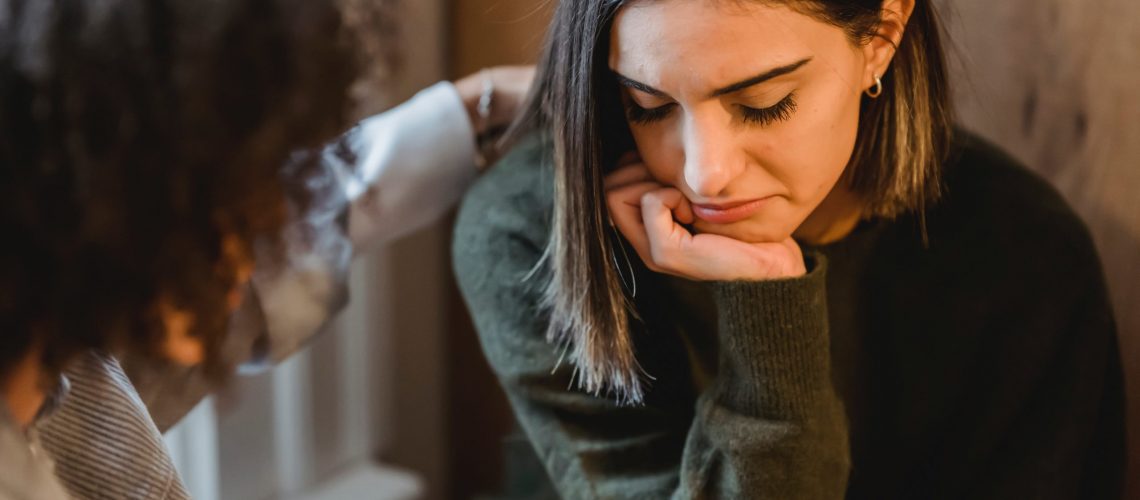

Dr. Sam Himelstein
Co-Founder and CEO, Family First, Inc.
What Do I Say When My Kids Ask If I’ve Ever Used Drugs or Alcohol?
When you talk to teens about substance use, they may want to know about your own use of drugs or alcohol. Below are suggestions on how to handle four typical scenarios. They aren’t intended as scripts to follow word-by-word, but starting points for you to think about the most effective way to talk to your own kids.
Scenario 1: You’ve never used drugs or alcohol.
Kid: “Have you ever drunk alcohol or tried drugs?”
Parent: “No. I don’t drink or do drugs and never have.”
Kid: “Well, what do you know, then? You’ve never been through what I’m going through so you can’t understand me at all.”
Parent: “Just because I haven’t had all the same experience as you doesn’t mean I can’t understand your challenges. I love you and I want to help you the best that I can.”
Scenario 2: You used or abused drugs or alcohol in the past but don’t anymore.
Kid: “Have you ever done drugs?”
Parent: “You know, yeah, I have. I struggled with drugs/alcohol when I was around your age.”
Kid: “What?! You’re saying you drank/did drugs but I shouldn’t? That’s not fair.”
Parent: “I had to stop because I was getting in a lot of trouble. I made the choice to turn my life around. It seems like you’re in a similar situation: You can either keep using and getting into trouble like I did, or you can make the choice to start the path of changing your life.”
Scenario 3: You currently use drugs or alcohol, legally and in moderation
Kid: “You drink/do drugs, so why can’t I?”
Parent: “Yes, I have a glass of wine with dinner / smoke a joint once in a while on the weekend. I’m an adult, so it’s legal for me to do that.” (The laws may be different where you live. Here in California, the legal age is 21 for both alcohol and cannabis.) “You’re underage, so you could get into a lot of trouble. Also your body and brain are still developing, so the drugs have a bigger impact on you. And I’m moderate in my use—it’s not having an impact on my work. What you’ve been doing is having an impact on your grades/sports/part-time job.”
Scenario 4: You currently use drugs or alcohol, illegally or in excess.
In this case, it’s better not to lie (especially if they have reasons to suspect the truth), and it’s better not to burden them with information they can’t handle.
You might tell your kid something like: “I’ve been struggling to stop drinking / stop taking so many painkillers. It’s really hard to do. That’s why I don’t want you to be in the same situation I’m in right now.”
It might feel very stressful to discuss these issues, especially if you don’t feel good about your own experiences with drug or alcohol use. It might be an awkward conversation, but this type of authentic discussion can deepen your relationship with your kids.
The more comfortable they feel opening up to you, the more you’ll understand what’s going on from their point of view, which means you’ll be able to help them much more effectively
